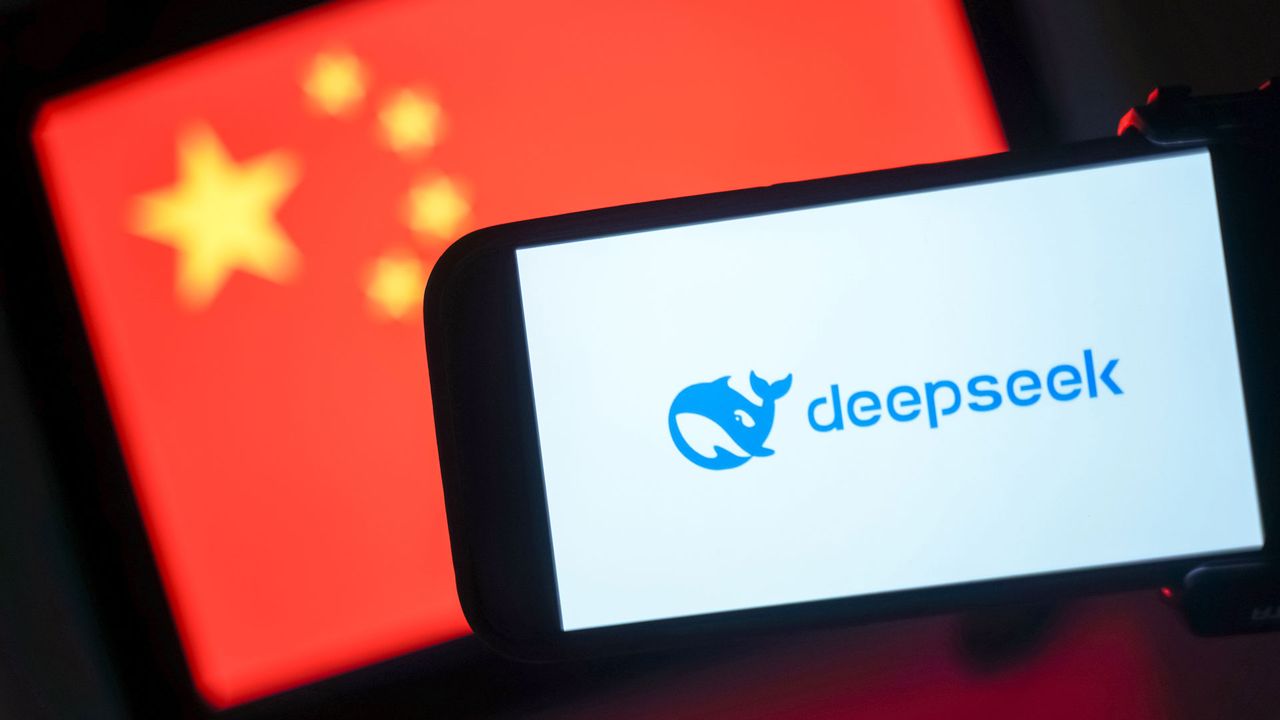
- DeepSeek delays R2 launch due to persistent technical difficulties with Huawei Ascend chips
- Nvidia H20 systems remain more reliable for AI training than domestic Ascend hardware
- Alibaba’s Qwen3 exploits DeepSeek’s delays, incorporating core algorithms while improving efficiency and flexibility
Chinese AI giant DeepSeek has apparently encountered unexpected delays in releasing its latest model, R2, after facing persistent technical difficulties with Huawei’s Ascend chips.
The company had been encouraged by Chinese authorities to adopt domestic processors instead of relying on Nvidia’s H20 systems, which are generally regarded as more mature and reliable.
Despite Huawei engineers being on-site to assist, DeepSeek could not complete a successful training run using Ascend chips – and as a result, the company relied on Nvidia hardware for training while using Ascend for inference tasks.
Technical challenges delay R2 development
The R2 launch, originally scheduled for May 2025, was postponed due to these technical obstacles and longer-than-expected data labeling for the updated training dataset.
DeepSeek founder Liang Wenfeng reportedly expressed dissatisfaction with the model’s progress, emphasizing the need for additional development time to produce a model capable of maintaining DeepSeek’s competitive edge.
Meanwhile, competitors like Alibaba’s Qwen3 were able to take advantage of this delay, as it has incorporated DeepSeek’s core training algorithms while improving efficiency and flexibility, showing how rapidly AI ecosystems can evolve even when a single startup struggles.
Beijing’s broader push for AI self-sufficiency has placed pressure on domestic firms to adopt local hardware.
In practice, however, this strategy has revealed gaps in stability, inter-chip connectivity, and software maturity between Huawei chips and Nvidia products.
Developers continue to play a crucial role in shaping the success of AI ecosystems – Nvidia has emphasized maintaining access to Chinese developers is strategically important, warning that restricting technology adoption could harm economic and national security interests.
Chinese AI companies, meanwhile, must balance government pressures with practical realities in developing and deploying LLMs.
Despite these setbacks, DeepSeek’s R2 model may still be released in the coming weeks.
The model is likely to face scrutiny regarding its performance relative to rivals trained on more mature hardware, offering a clear example of the tension between political ambitions, technical capability, and real-world AI deployment.
Via Arstechnica
You might also like
- Amazon’s data center spend tops $100bn – more than the GDP of most countries
- Check out our pick of the best secure routers on offer
- We’ve rounded up the best portable monitors available now


Leave A Comment